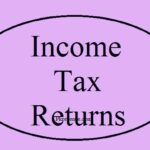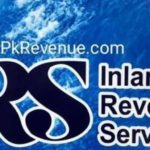ISLAMABAD: Federal Board of Revenue (FBR) has collected Rs108 billion from auto sector during first eleven months of the current fiscal year, showing 51 percent growth despite coronavirus pandemic, a statement said on Wednesday.
The FBR issued details of revenue collection from major sectors during July – May 2020/2021.
Tax revenue of Rs. 108 billion is collected from the auto sector so far which was Rs72 billion in the last year showing growth of 51 percent.
Likewise, revenue of Rs 117 billion is collected from the banks in the current year which was Rs. 87 billion last year exhibiting increase of 34 percent.
FBR has collected Rs127 billion from the cement sector in the first eleven months which was Rs97 billion last year showing increase of 31 percent.
The revenue collected from the POL is Rs. 577 billion which was Rs. 516 billion last year showing an increase of 12 percent.
From the tobacco sector, FBR has collected Rs. 129 billion revenue which was Rs. 104 billion last year thus showing an increase of 24 percent.
The revenue from sugar sector was Rs. 53 billion which was Rs. 31 billion last year showing a growth of 74 percent.
The Customs duty collections in the current year from the major items include vehicles, Iron Steel and Machinery and mechanical appliances.
Customs duty of Rs. 98 billion is collected from vehicles which was Rs. 52 billion last year showing an increase of 86 percent.
Customs duty from Iron and Steel remained Rs. 53 billion which was Rs. 42 billion last year showing a growth of 24 percent.
Similarly, Customs duty from machinery and mechanical appliances is Rs. 38 billion which was Rs. 30 billion last year in the same period thus showing a growth of 26 percent.




